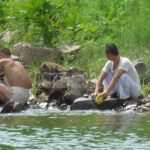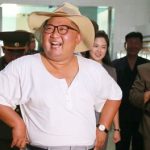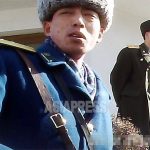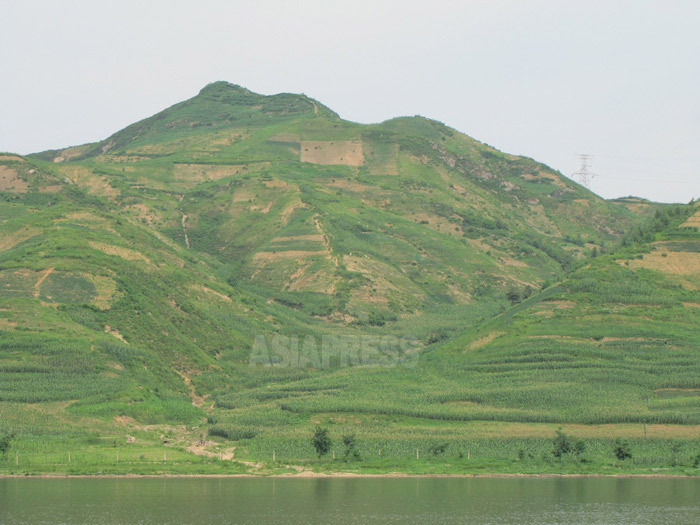
All over North Korea, people are busy digging up tombs and relocating remains of ancestors. Responsible for this strange spectacle is the Workers’ Party of Korea, which gave orders for graves to be dug up and remains to be cremated so as to make space for farmland and reforestation.
◆ Residents burdened by the high cost of relocating remains
A reporting partner living in Musan County, North Hamkyung Province, said on June 14 that the first such order was given before Cheongmyeong Day on April 5, the date when North Korean families traditionally gather to tend to the tombs of their ancestors. The Party then set a second deadline on June 15, with a final warning given on June 9 that all tombs not relocated by the deadline would be considered abandoned by the authorities and, thereafter, be demolished for the purpose of restoring farmland or forests.
Residents found the orders highly shameful, as they were forced to dig up the graves of their ancestors and family and go back and forth along the streets to take their ancestors’ remains away.
Naturally, residents are strongly opposed to the ‘forced relocation’ measures. Firstly, their opposition stems from the cost. Residents need help to dig up their family tombs by hand. If one is not fortunate enough to have the help of family members, one must pay 60-100 Chinese yuan (10 Chinese yuan is equal to about 1700 South Korean won) to hire a laborer.
In addition, the remains of ancestors, once exhumed, must be brought to a crematorium run by the local government’s ‘building management office’. At a facility in Hyesan, Ryanggang Province, the local government charges as much as 300 Chinese won (about 51,300 South Korean won) for remains to be cremated.
Furthermore, the crematorium charges 100 North Korean won per day to store exhumed remains. For a year this service costs 36,500 North Korean won, roughly equivalent to 4,900 South Korean won.
Households that can’t afford these costs are being forced into debt in order to properly exhume and cremate their ancestors’ remains. There are therefore many who choose to scatter the remains in rivers, as a form of ‘burial at sea’.
“There are many who complain that the government is making money through the cremations,” says another reporting partner living in Ryanggang Province.
Another common complaint is that the tombs of beloved family and ancestors are being treated without care.
A reporting partner in Musan County said, “We have been taking care of our ancestors since long ago. So there are many who resent having to do this and others who are worried that their lineage will be lost if the graves are treated irresponsibly.”
The Kim Jong-un regime has banned traditional burials and has informed the public that they must cremate the remains of loved ones from now on. (Kang Ji-won)
- <Trump-Kim Jong-un Meeting> Cynical Citizens Told “Not to Fantasize” by Pessimistic Party Officials
- <Inside N. Korea> Hyesan Heist: Police Search for Stolen Military Data, Suspect Inside Job
- <North Korea> Defying Debasement: Soldiers Disregard Orders, Hide Off Base to Phone Families
- Costly Contagion: Typhoid Spreads to 10% of Border Population as Impoverished Residents Drink Straight from Rivers
- <Inside N. Korea> Empty Stomachs, Empty Stands: Mass Games Suspended as Regime Fails to Feed Mobilized Students
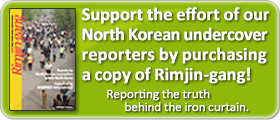 Editor’s notes on North Korean reporters
Editor’s notes on North Korean reporters
ALL REPORTS >>>
ARCHIVE(pdf) >>
DPRK MAP >>


